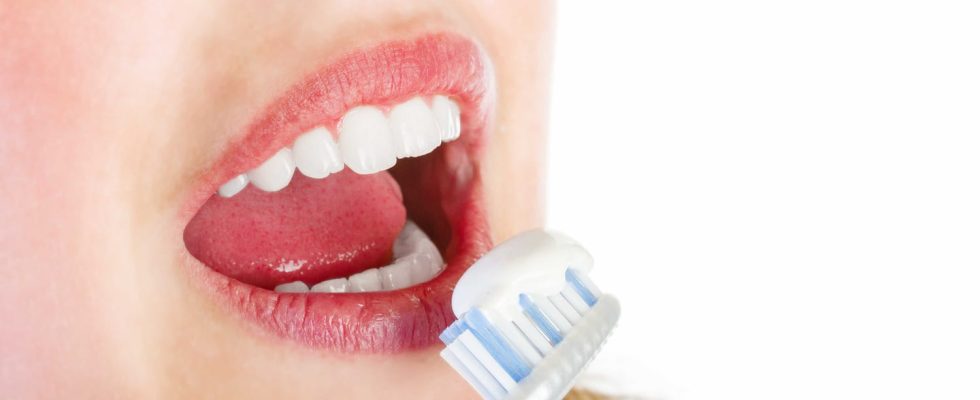Is it better to brush your teeth before or after drinking your coffee, to preserve your oral health while avoiding stains? Here’s what dentists think.
Many French people have a good coffee for breakfast, then brush their teeth. A routine that we often don’t even dream of questioning, especially since this beverage is known to stain the teeth. Now, this is what happens in our oral cavity when we brush our teeth After coffee: the acidity of the brown liquid attacks the outer layer of our teeth. For Christina Meiners, a dentist at CommunCare Health Centers in San-Antonio (Texas, USA), who recently spoke in the press, “then you brush more acid on your teeth [que vous ne les nettoyez]. This can cause them to deteriorate faster and increase their sensitivity.”
If you do it occasionally, it’s not too bothersome, on the order of micro-abrasion. If it’s usual, then you’re wearing out your enamel, says Siama Muhammad, dentist at Brooklyn Oak Dental Care, also quoted by several media. The hard layer that is the enamel, located on the surface of the tooth, then gives way to the dentin (below), which creates this famous and very unpleasant sensitivity.
What to do to drink your coffee without damaging your teeth?
So, is it better to brush your teeth before coffee? The trick is to schedule their brushing at the optimal time to protect their enamel. According to dentists, there is indeed a preferred order for this.
brush your teeth Before having a coffee avoids the accumulation of dental plaque, while limiting the adhesion of stains, specifies Christina Meiners. It is therefore advisable to brush your teeth as soon as you wake up and have your coffee afterwards. Here are the options available to you after taking your coffee:
- Use dental floss.
- Rinse your mouth with clear water. This very simple gesture promotes the neutralization of the level of acidity in your mouth, like a cup that we rinse after having filled it.
- Chew sugar-free gum. This stimulates the production of saliva, the natural protector of the enamel. Dentist Christina Meiners recommends opting for sugar-free gum with xylitol (a low-calorie sugar substitute that inhibits the growth of bacteria).
